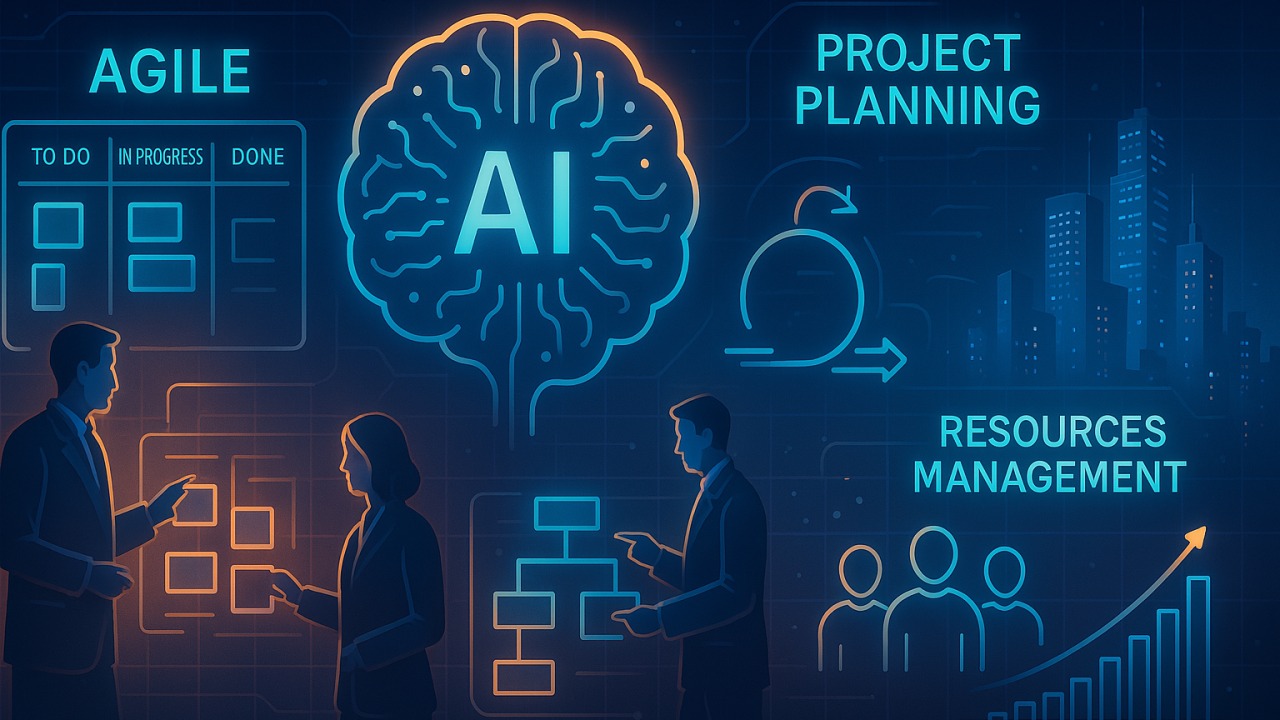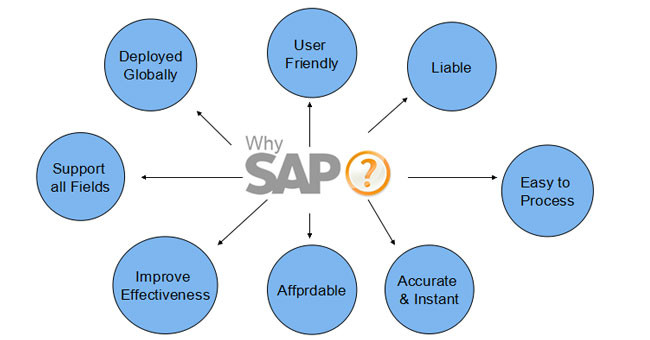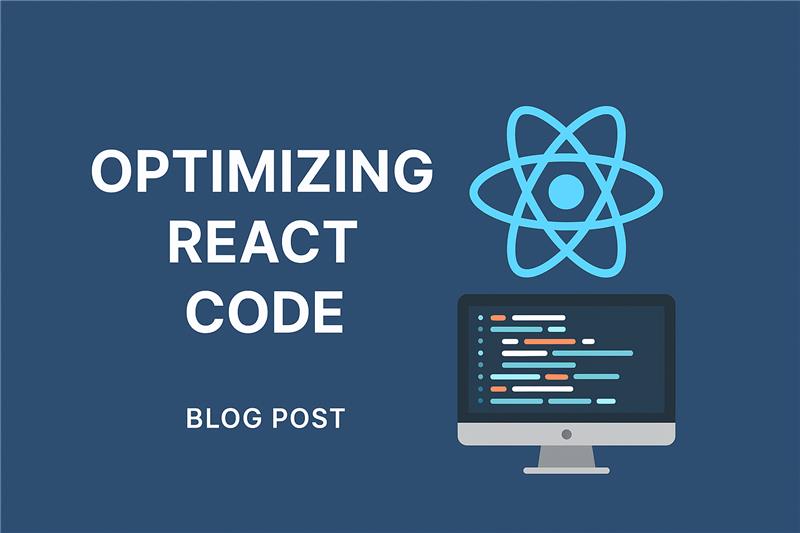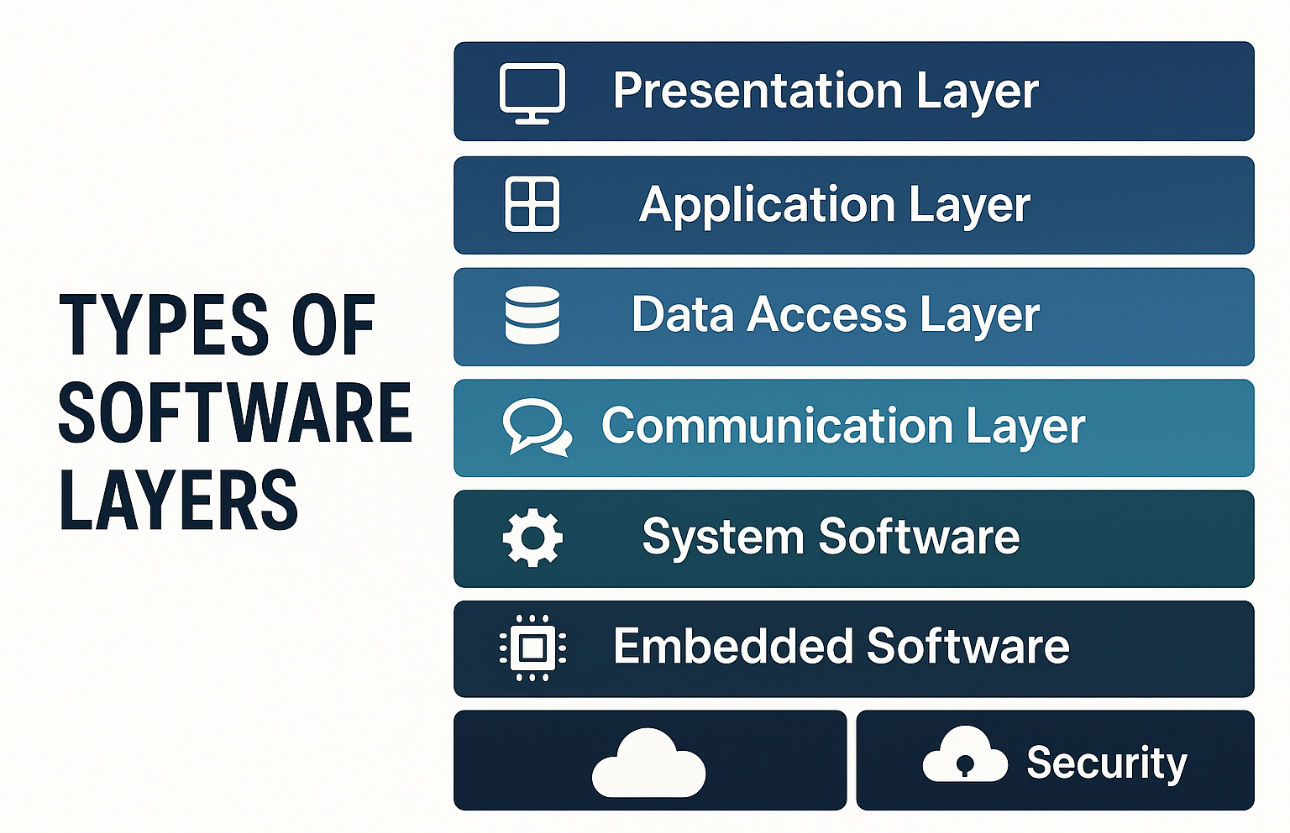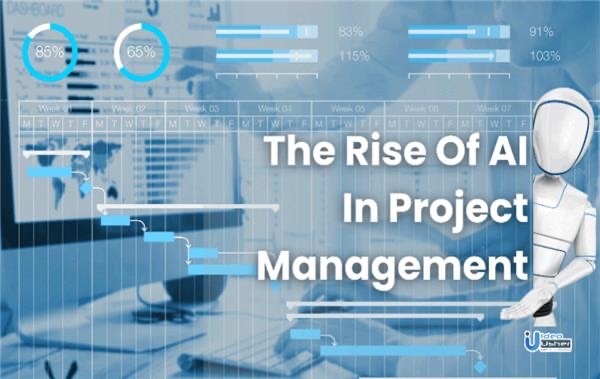
Project management has always been a balancing act of tasks, deadlines, and team coordination. But with the rise of AI-powered tools, this balancing act is getting a major upgrade. AI project management tools are reshaping how we plan, execute, and deliver projects. From automating routine tasks to predicting project risks, these tools are a game-changer in the way teams handle project demands. Let’s dive into how AI is making project management smarter, faster, and more effective than ever before.
How Do AI Project Management Tools Work?
At its core, AI in project management leverages machine learning and data analysis to streamline and enhance the management process. Unlike traditional tools, AI tools don’t just organize tasks—they learn from your team’s workflow, adapting to optimize performance. By analyzing past project data, these tools can estimate timelines for similar tasks, helping project managers make better predictions about timeframes and resource needs.
One standout feature is AI’s ability to prioritize tasks automatically. Instead of manually sorting through lengthy task lists, AI algorithms identify high-priority items and move them to the top of the list. This intelligent prioritization allows project managers and teams to focus on critical tasks and meet deadlines with fewer disruptions. By adapting to project needs, AI project management tools empower teams to work smarter, not harder.
Key Benefits of AI Project Management Tools
AI-powered project management tools offer a suite of benefits designed to enhance efficiency, reduce errors, and keep projects on track. Here are some of the top advantages:
- Smarter Decisions – AI tools analyze data in real-time, providing insights into project budgets, timelines, and resources. With this data-driven approach, project managers can make informed decisions quickly, leading to better outcomes and minimized delays.
- Task Automation – By automating tasks such as resource allocation, reminders, status updates, and report generation, AI saves time and reduces the risk of human error. Teams can focus on higher-level tasks while the AI handles routine operations behind the scenes.
- Risk Prediction – AI tracks progress in real-time, identifying potential risks or delays before they impact the project. By predicting these issues early, project managers can address them proactively, improving project resilience and reducing the chance of missed deadlines.
- Enhanced Collaboration – AI tools facilitate better communication within teams by providing real-time updates and automated alerts. This keeps everyone on the same page without requiring constant check-ins, making team coordination smoother and more effective.
- Better Resource Management – Resource allocation is crucial in project management, and AI tools can analyze how resources like time and budget are used, suggesting adjustments when necessary. This insight helps managers keep projects on track and allocate resources more effectively.
Key Features to Look for in AI Project Management Tools
With so many AI tools available, knowing which features to prioritize is essential for finding the right fit. Here’s what to consider when choosing an AI project management tool:
- Smart Automation – Look for tools that easily automate routine tasks, allowing your team to save time and minimize effort on repetitive processes.
- Predictive Analytics – Tools with predictive analytics can identify potential risks or problems early, giving managers time to course-correct before issues arise.
- Natural Language Processing (NLP) – NLP allows users to communicate with the tool using simple language, making it easier to search for information or make requests without needing technical know-how.
- Integration Capabilities – An AI project management tool should integrate smoothly with existing systems, such as communication apps and time-tracking software, to support seamless workflows.
- Scalability – Choose a tool that grows with your team and projects. It should handle increased workloads as your projects expand or your team grows.
- User-Friendliness – A user-friendly tool ensures that your team can quickly adopt and use it without frustration. Intuitive tools reduce the learning curve and promote better usage across the team.
The Future of AI in Project Management
AI is revolutionizing the way we approach project management, turning manual, time-consuming tasks into automated, optimized processes. As AI continues to evolve, we can expect even more sophisticated tools that will further enhance decision-making, risk management, and team coordination. In the near future, AI project management tools may incorporate advanced features like real-time sentiment analysis to gauge team morale or even augmented reality interfaces for visualizing project progress. These advancements will empower project managers and teams to adapt swiftly, stay proactive, and achieve greater project success.
Final Thoughts
The rise of AI in project management is more than just a trend—it’s a transformation. By automating routine tasks, offering real-time insights, and adapting to the unique needs of each project, AI-powered tools are giving teams the power to work more efficiently and deliver better results. For project managers looking to stay competitive in today’s fast-paced landscape, embracing AI-driven tools is becoming not just beneficial, but essential.
Related Posts
Empowering Business Analysts: How AI is Revolutionizing Agile Practices
In today's fast-paced digital landscape, Agile methodologies are no longer optional— they're essential for organizations…
What is SAP? How does it work?
The full form of "SAP" is “Systems Applications and Products in Data Processing” which is…
Optimizing React Performance: An Advanced Guide for Scalable Applications
In today’s fast-paced digital ecosystem, software systems have become the backbone of every enterprise’s technological…
Types of Software Layers
In today’s fast-paced digital ecosystem, software systems have become the backbone of every enterprise’s technological…

